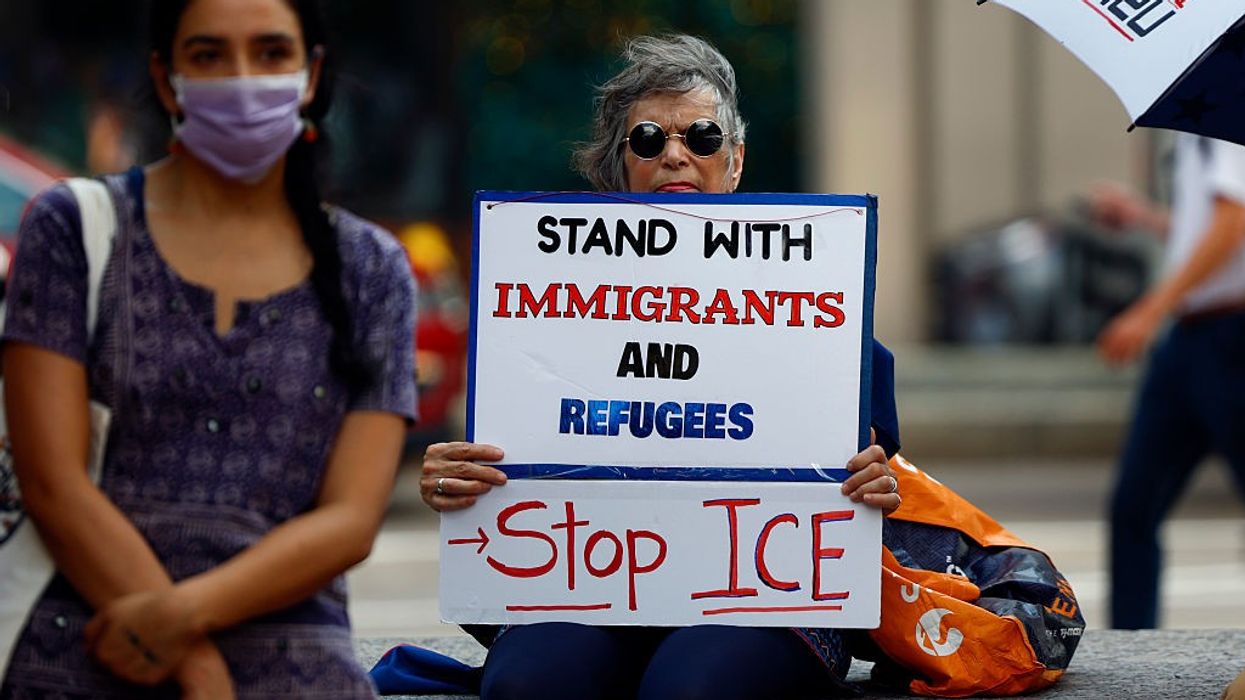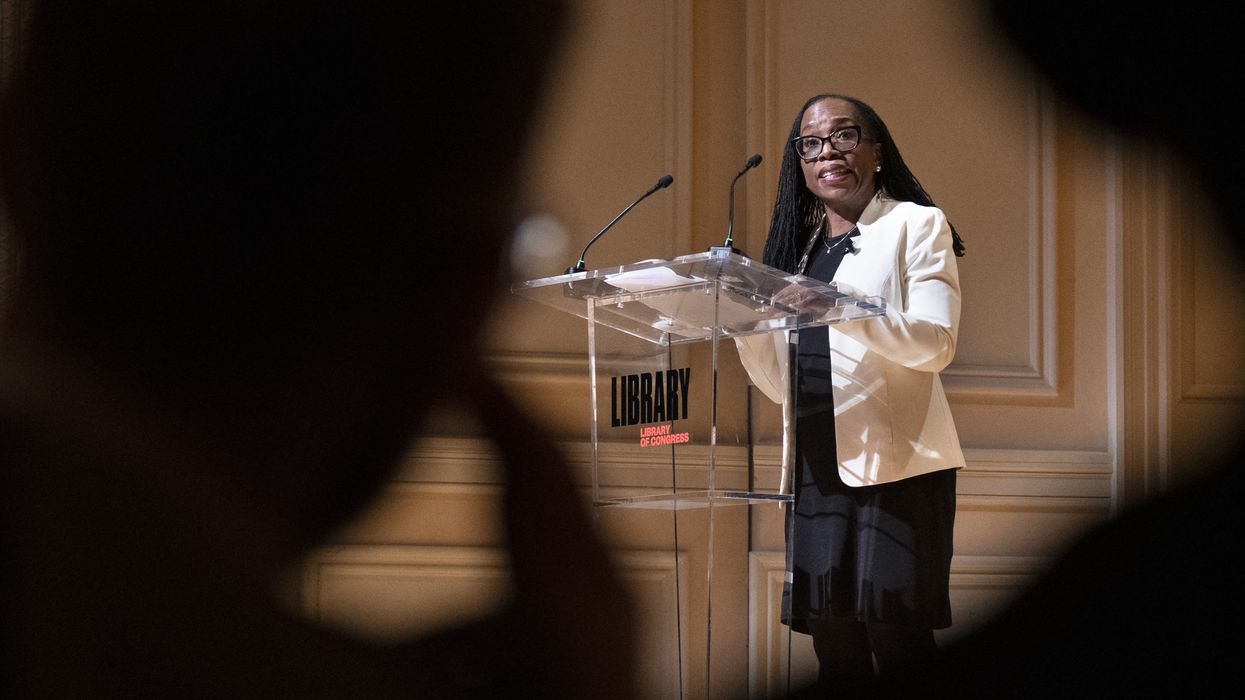Ripping DHS Chief's Racism, Judge Extends Protections for 60K Hondurans, Nepalis, and Nicaraguans
"Secretary Noem's statements perpetuate the discriminatory belief that certain immigrant populations will replace the white population," the judge wrote, stressing that "color is neither a poison nor a crime."
"The freedom to live fearlessly, the opportunity of liberty, and the American dream. That is all plaintiffs seek. Instead, they are told to atone for their race, leave because of their names, and purify their blood. The court disagrees."
That's how U.S. District Judge Trina Thompson began a Thursday order postponing recent moves by President Donald Trump's administration to end Temporary Protected Status (TPS) for around 60,000 migrants from Honduras, Nepal, and Nicaragua.
The U.S. Department of Homeland Security (DHS) issues TPS designations for countries impacted by war, environmental disasters, or other extraordinary conditions, allowing migrants from those nations to legally live and work in the United States.
Homeland Security Secretary Kristi Noem announced in June and July that the administration would end TPS for people from Honduras, Nepal, and Nicaragua this summer. The decisions followed similar attempts to terminate those designations during Trump's first term—efforts blocked by U.S. courts and then ended under former President Joe Biden.
"As a TPS holder and mother, this victory means safety, hope, and the chance to keep building our lives here."
When Trump returned to power in January, he issued an executive order titled "Protecting the American People Against Invasion," which was "cited in later decisions vacating or terminating TPS designations," Thompson pointed out. The judge, who was appointed to the Northern District of California by Biden, also highlighted "repeated rhetoric by administration officials that associated immigrants and TPS holders with criminal activity or other undesirable traits."
The 37-page order details some of Noem's comments during her confirmation hearing and news interviews. Thompson wrote that "these statements reflect the secretary's animus against immigrants and the TPS program even though individuals with TPS hold lawful status—a protected status that was expressly conferred by Congress with the purpose of providing humanitarian relief."
"Their presence is not a crime. Rather, TPS holders already live in the United States and have contributed billions to the economy by legally working in jobs, paying taxes, and paying contributions into Medicare and Social Security," she noted. "By stereotyping the TPS program and immigrants as invaders that are criminal, and by highlighting the need for migration management, Secretary Noem's statements perpetuate the discriminatory belief that certain immigrant populations will replace the white population."
"Color is neither a poison nor a crime," stressed the judge, who is Black. She concluded that the various TPS holders who are the plaintiffs provided "sufficient evidence to demonstrate that the secretary's TPS Nepal, Honduras, and Nicaragua terminations were based on a preordained determination to end the TPS program, rather than an objective review of the country conditions."
Thompson ordered the TPS terminations for the three countries postponed until a November 18 hearing on the merits of the case, at which point her decision will be subject to extension.
🚨 JUST IN: A district court has ruled that TPS for Nepal, Honduras, and Nicaragua cannot be terminated at this time — protections will remain in place through at least November 18, 2025 as the case continues.
[image or embed]
— Haitian Bridge Alliance (@haitianbridge.bsky.social) July 31, 2025 at 11:57 PM
"Judge Thompson's decision renews hope for our immigrant communities—especially for the tens of thousands of TPS holders from Honduras, Nicaragua, and Nepal who have lived here for decades and are part of the National TPS Alliance," said Teofilo Martinez, a Honduran TPS holder, plaintiff, and an alliance leader, in a statement.
"This ruling gives us strength, affirms the power of organizing, and reminds us what's at stake: the right to stay in the only home many of us have ever known," Martinez added. "We will keep fighting for permanent protections and to stop the cruel separation of our families."
Sandhya Lama, another plaintiff and TPS holder from Nepal, described the judge's order as "a powerful affirmation of our humanity and our right to live without fear."
"As a TPS holder and mother, this victory means safety, hope, and the chance to keep building our lives here," she said. "We stand united, grateful, and determined to continue the fight for a permanent future in the country we call home."
The plaintiffs are represented by the ACLU Foundations of Northern California and Southern California, Haitian Bridge Alliance, National Day Laborer Organizing Network (NDLON), and Center for Immigration Law and Policy at the University of California, Los Angeles School of Law.
"The Trump administration is aggressively, and illegally, seeking to dismantle TPS. But they will not do so without a fight," said ACLU of Northern California attorney Emi MacLean. "Today is a good day. Sixty60,000 long-term residents of the U.S., who have followed all the rules, will be allowed to remain in the U.S. and continue to defend their rights inside and outside of court."


